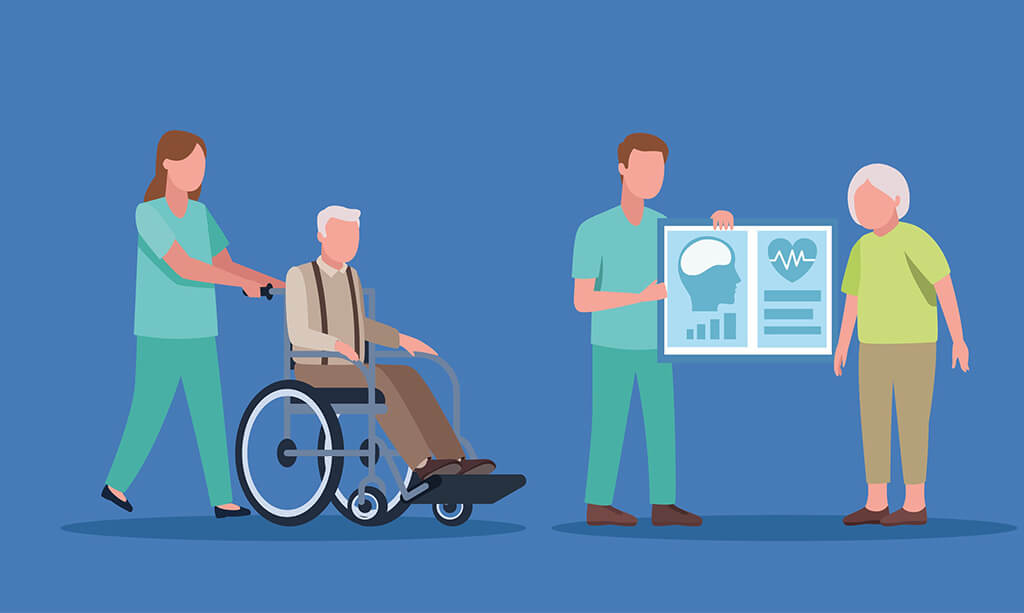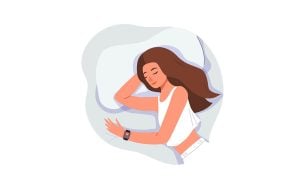
In this advanced ESL lesson, students learn vocabulary related to illness and disease. They will also learn about similes.
Introduction
The lesson starts with a message from a sick friend. The student reads and identifies phrasal verbs related to illness.
Phrasal verbs to talk about health issues
The student learns some common phrasal verbs to describe health issues, as well as the rules referring to phrasal verb structure (verb + particle/preposition).
Then, they put their knowledge into practice by filling in the gaps using the correct prepositions (up, down, away, and off).
Similes
In this part of the lesson, similes are explained and exemplified (as sick as a dog, as fit as a fiddle, etc.). The student’s task is to match the words to the sentences in order to complete the similes. Then, they read a story about a woman who came down with the flu, and match the extracted expressions with their meanings (e.g. back on her feet, worked up, as fast as a hare, etc.).
Video: How do germs spread?
The student watches a video about how germs are transmitted and discusses it afterwards.
Discussion
In the discussion part, the student discusses the symptoms of viral infection and some ways to stay virus-free.
Reading: How to stay safe during a pandemic
After reading a text containing advice about staying safe during a pandemic period, the student learns some useful vocabulary related to the topic.
Disease vocabulary: I feel your pain!
To learn about health issues, the student sorts different health problems into categories (skin problem, virus, psychiatric illness, accident, bacteria) and then tries to identify health problems in the pictures.
In a matching exercise, the student matches a medical option to the medical problem.
Word families
The student completes two tables of missing nouns, adjectives, or verbs related to health problems (e.g. pain – painful, nausea – nauseous, console – consolation etc.).
Reading: Ways to stay mentally healthy
Reading about the four ways to stay mentally healthy, the student gains some basic knowledge for the discussion based on the passage.

Sleeping matters
In this C2 lesson plan, students will practice vocabulary related to sleep.
…

It’s nice to be important, but it’s more important to be nice
This lesson plan is tailored for students at the Advanced level…

Catching smugglers
This lesson plan is designed for Upper Intermediate level students, with…


